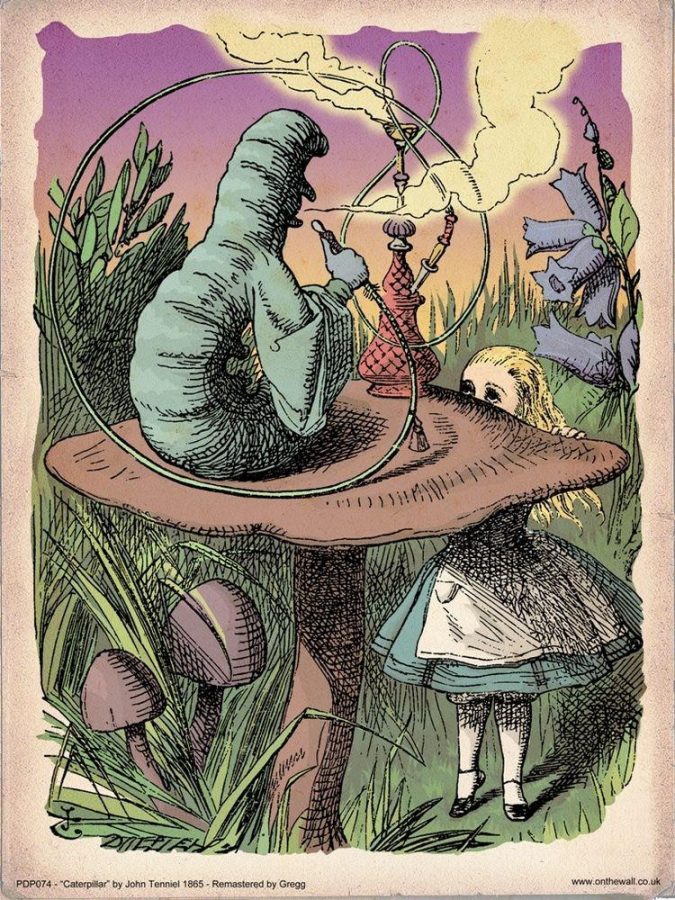“Who are you,” is the haunting question that stumps Alice in the classic film Alice in Wonderland. When Alice replies to the caterpillar saying, “I hardly know,” it shows how delicate our identity can become when we are placed in an unfamiliar realm. Reflecting on our identities can seem a daunting and scary endeavor at times in our youth and even as we age. I think identity continues to shift and adapt throughout our entire life. In fact, I think it must change over time.
Last week, while I was in a yoga class, the instructor mentioned that we had never been the person we were right at that moment because we are always changing, so we should allow ourselves some time to grow and adjust. More often than not, things that are comfortable are representative of a state of growth. Allowing our identities to be molded here or there opens us up to new life experiences of growth. We often want our identities to be locked in, never shifting again, all due to the nerve-racking and challenging state it creates in our lives. That isn’t what’s best.
Ironically, it seems we continue to discover ourselves as we maintain the desire to progress and explore, which is something many of us crave. Role changes also shift our identities like becoming a parent or grandparent, getting a new job, losing a loved one or even switching majors as a college student. However, some things will always remain the same about each individual’s personal identity.
Where and what we do growing up often have large impacts on the way our identities form and impact who we are. For example, growing up in the country versus the city gives an individual an extreme difference of identity. Discovering how we differ and how we are similar helps us cope and thrive in our environments. This is partly why our identity is held so dear to us.
When we learn about ourselves, we learn about others. In the book “Self-Renewal” by John W. Gardner, Niebuhr said, “If the self-centered self is shattered by a genuine awareness of its situation, there is the power of a new life in the experience.” Other people, along with complex situations, often bring out our true colors. These times show us how our identities have developed and how strongly we hold on to them.
Gardner also quotes Josh Billings, saying, “It is only the most difficult thing to know one’s self, but the most inconvenient one, too.” Gardner goes on to explain how we hide from ourselves behind to-do lists, technology and even immerse ourselves in our social groups to make sure we do not have to fully discover ourselves. This seems ever so prominent at this current time. With so much technology, social media and the inability to slow down, putting on a mask is easy — so easy that you can even fool yourself.
Engaging in new activities, challenging yourself and allowing for failure leads to growth and can prevent the adoption of identity masks, along with fooling one’s self. Once we see ourselves for who we are and acknowledge how we feel, we become more equipped to see others as they are and care for them as they need to be cared for. In a world of change, remember who you are, but keep in mind the person you want to be and keep striving for the best version of yourself. Identity shifts do not need to result in a tragedy but can blossom into living life happily.


